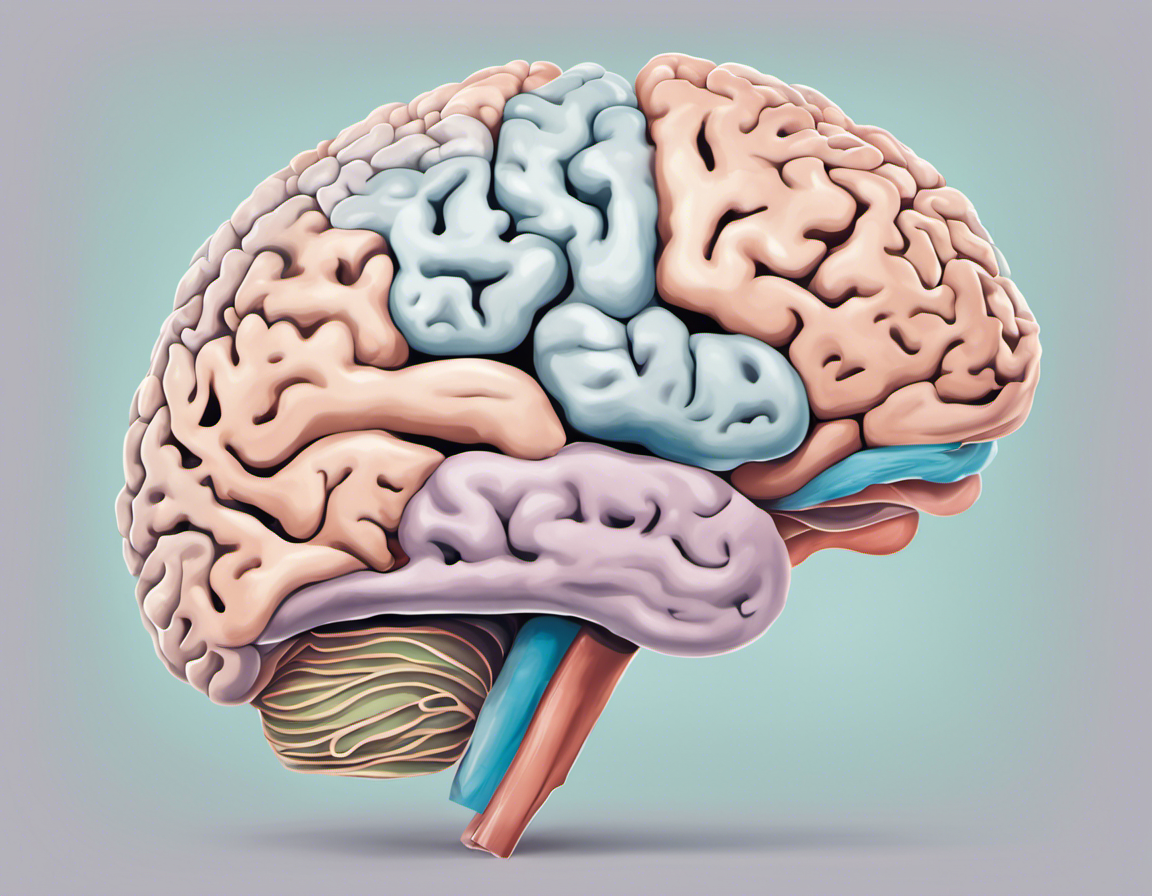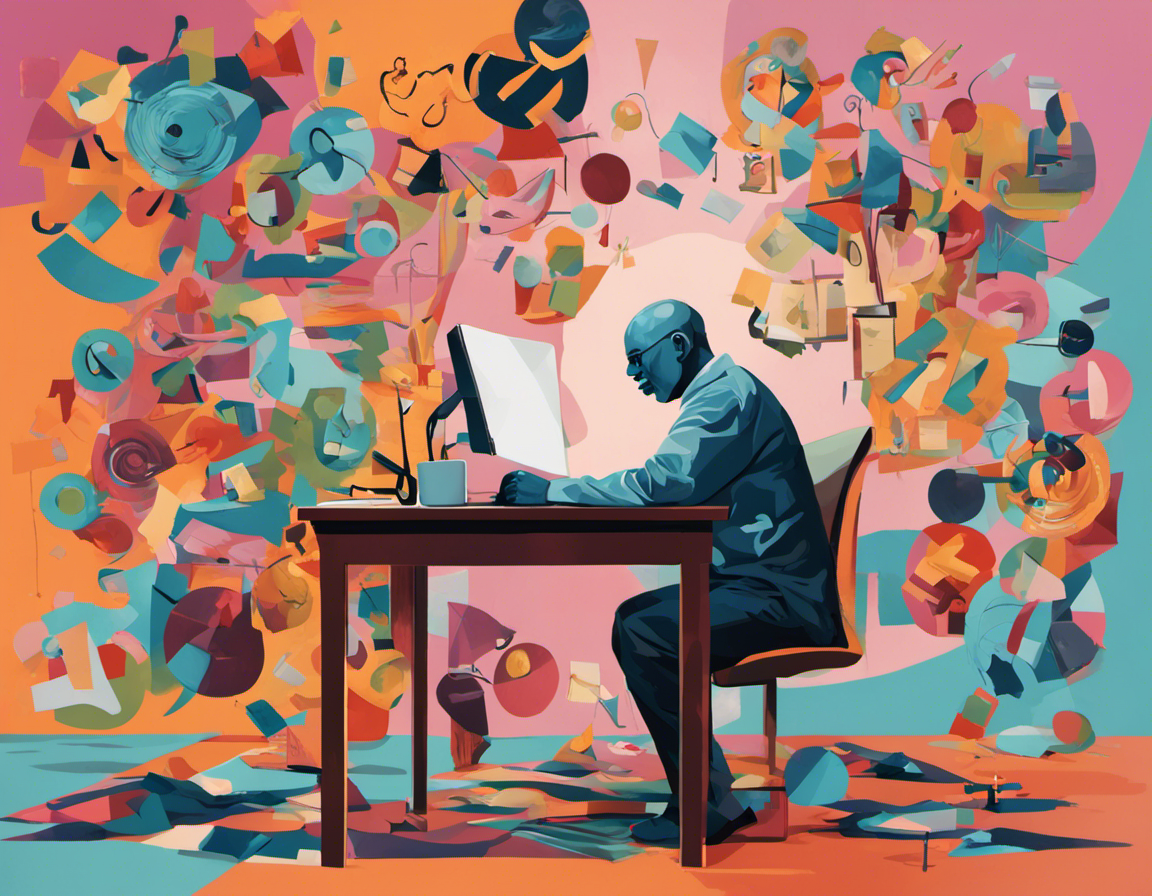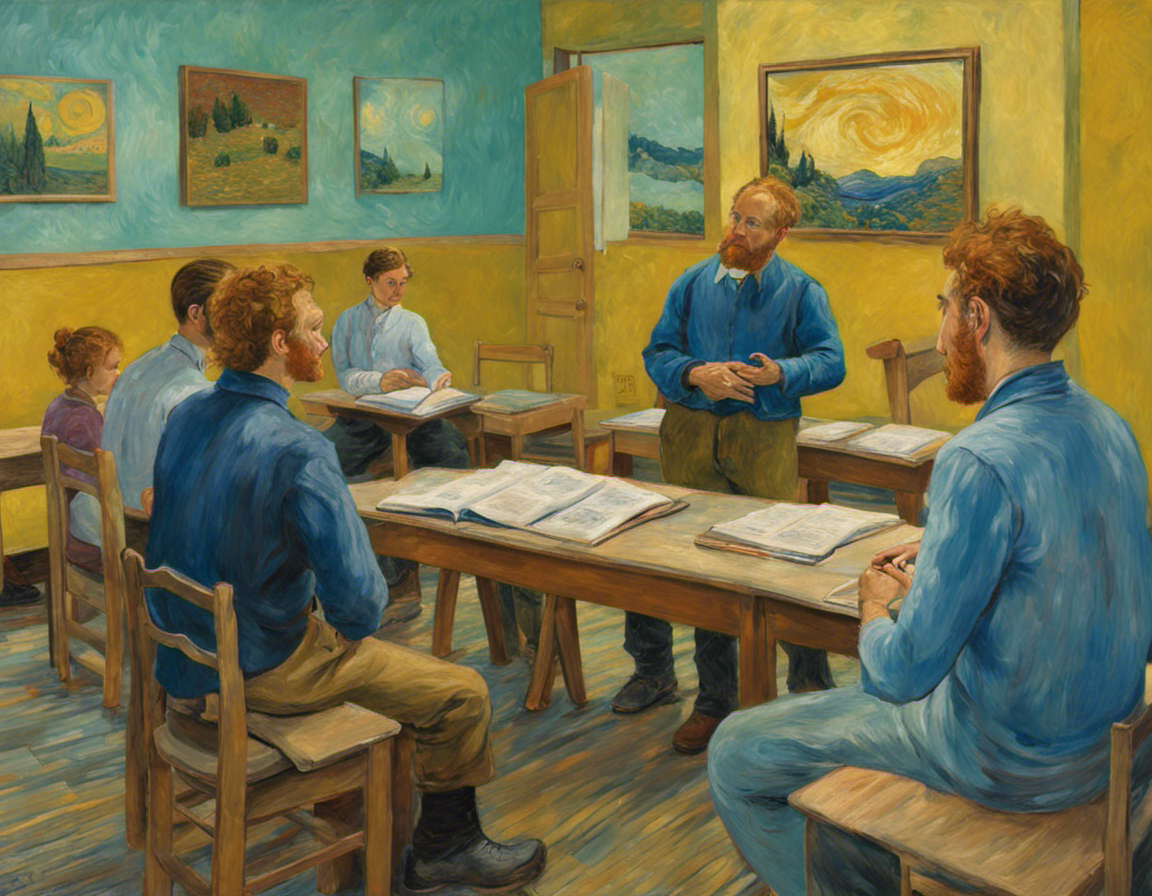Conquering ADHD Together: Navigating Romantic Relationships with ADHD

Ever felt like you’re on a roller coaster ride where emotions fluctuate wildly, and communication often feels like a game of charades?
Welcome to the world of ADHD relationships. Attention Deficit Hyperactivity Disorder (ADHD) is not just an individual’s challenge; it profoundly influences the dynamics of relationships, often manifesting in miscommunications, misunderstandings, and emotional turbulence. But what if we told you that these relationships don’t always have to be marred by chaos?
Can understanding and managing ADHD can turn this roller coaster ride into a nurturing journey of growth?
This article will delve into the world of ADHD and its impact on relationships. We’ll unearth the struggles couples face where one or both partners have ADHD, focusing on issues of trust and patience.
Going a step further, we’ll equip you with real-world, practical strategies to navigate these challenges effectively, fostering a healthier relationship dynamic softened with empathy. Whether you are seeking professional help or exploring medication options – join us as we shed light on your journey through ADHD relationships.
Understanding ADHD
ADHD, or Attention-Deficit/Hyperactivity Disorder, is a neurodevelopmental disorder impacting children and adults. An individual wrestling with this disorder often grapples with persistent patterns of inattentiveness, impulsiveness, and hyperactivity that interfere with their day-to-day functionality.
Definition and Types of ADHD
ADHD is more than just an inability to pay attention or being overly active. Three primary types are acknowledged by experts:
Predominantly Inattentive Presentation
Those with Predominantly Inattentive Presentation often seem to be off in their own world, have difficulty paying attention, and are easily distracted. You might notice a lack of focus, losing things typically necessary for tasks, or forgetfulness. It is not so much about active disruption but more about passive distraction.
Predominantly Hyperactive-Impulsive Presentation
The Predominantly Hyperactive-Impulsive Presentation type is characterized by restlessness, impatience, interrupting others during conversation, and difficulty waiting for turns. This may result in hastily made decisions without considering possible negative consequences.
Impacts of ADHD on Relationships
Being involved in a relationship where one or both parties have ADHD can present unique challenges that, if not addressed, may create issues over time.
Communication Issues Due to ADHD
Individuals grappling with ADHD often struggle to communicate effectively due to constant distractions, impulsive speech, lack of focus, or misunderstanding of social cues. This often leads to inadequate listening skills, resulting in misunderstandings and conflicts within relationships.
Emotional Challenges in ADHD Relationships
ADHD can cause emotional dysregulation – the inability to manage emotions appropriately. This can result in mood swings, disproportionate responses to events, and difficulties in healthily expressing emotions. ADHD-related emotional challenges can put undue stress on relationships, leading to feelings of dissatisfaction, exhaustion, and disconnection between partners.
Struggles in Romantic Relationships due to ADHD
Cracking the code of ADHD and relationships unveils unique challenges faced by couples. One of the main concerns is the difficulty that results from the predominant symptoms of ADHD, such as impulsiveness, lack of focus, forgetfulness, and emotional instability. This may often make it challenging to maintain harmony in an affectionate bond.
Trust Issues in ADHD Relationships
ADHD tends to fester trust issues in relationships since individuals with this disorder may often seem unpredictable due to their impulsive behavior or may forget crucial details that undermine the trust factor in a relationship. They might occasionally overlook commitments, leading their partners to worry about their reliability. This absence of reliability can erode trust over time, thus straining the relationship.
Patience and Understanding in ADHD Relationships
Because of the spontaneous behavior and mood changes common in individuals with ADHD, partners need a huge amount of patience and understanding. These traits could be hard to nurture consistently and can sow seeds of uncertainty, causing stress and strain in a relationship.
Tips for Managing ADHD in Relationships
The profound impact of ADHD on relationships can be alleviated by employing some strategies pertaining to communication and mutual understanding.
Establishing Healthy Communication Strategies
An effective method to manage ADHD-related issues is to establish considerate communication patterns. As individuals with ADHD might struggle to be attentive, it’s vital to explicitly communicate key points and confirm understanding. Sharing feelings openly but gently can provide transparency while reducing misunderstandings.
Developing Coping Mechanisms Together
Another significant technique involves developing coping mechanisms jointly. Partners can create routines that help manage symptoms or develop codes for when one partner needs some quiet time due to feeling overwhelmed. Implementing these joint strategies allows both individuals to feel supported and understood.
Seeking Professional Help for ADHD in Relationships
Dealing with ADHD in a relationship is more manageable when assisted by experts trained in handling such cases. Consulting professional help can lead to understanding the disorder better and finding the customized solutions that will work best for the relationship.
Role of Therapy and Counseling
Therapy or counseling can provide a safe platform for couples to express their emotions and worries. Therapists can guide couples on navigating their differences, refurbishing their communication style, and rebuilding trust. This approach helps in deriving tools and tactics to cope with ADHD symptoms in a relationship setting.
Medication Management with ADHD
If an individual’s ADHD symptoms are severe or significantly disrupting their relationship, medication may be considered an effective option. However, a healthcare professional should guide the usage and monitoring of these medications, as they can explain their potential benefits and risks, thereby highlighting their role in managing ADHD effectively.
Conclusion
ADHD can significantly impact relationships, weaving complicated dynamics rooted in symptoms such as impulsivity, lack of focus, and emotional instability. In this web of challenges, individuals with ADHD and their partners often grapple with communication hurdles, trust issues, and emotional strain. However, awareness and management are the twin pillars that help transform these struggles into a journey of growth and understanding.
By adopting clear communication practices, implementing jointly devised coping strategies, and reaching out for professional help when needed, couples can navigate these storms effectively. Doing so cultivates a nurturing environment where both partners feel supported and understood. Remember, every challenge faced together propels personal growth and deepens emotional bonds. If ADHD touches your relationship landscape, we encourage you to further explore strategies that foster love, trust, understanding – and above all, patience – in your shared journey. Because every challenge is a step leading towards a stronger bond and a deeper connection.




Comments